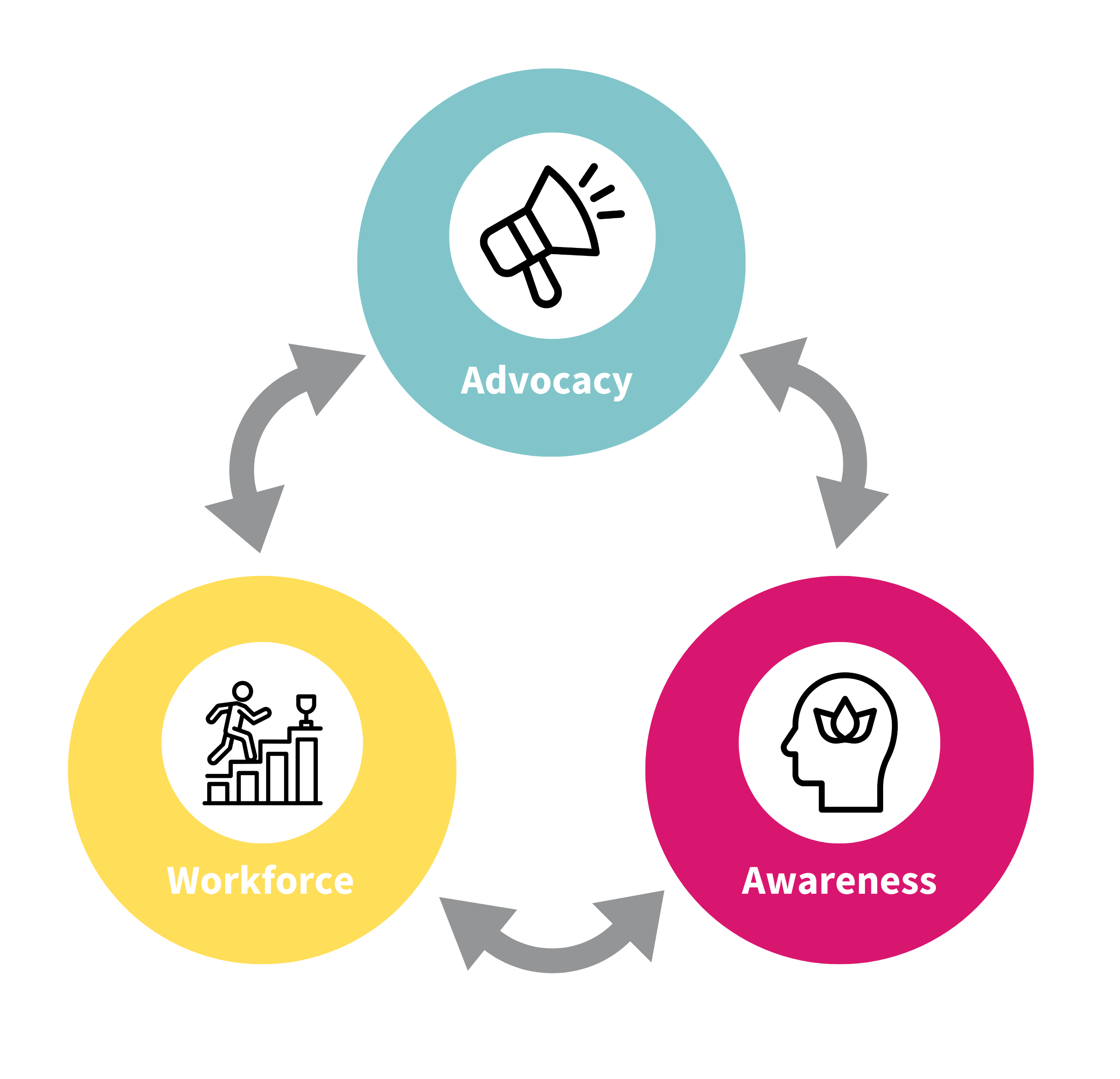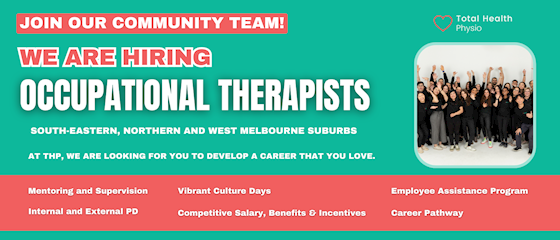Mental Health
Practice Support
Mental Health
Occupational therapists specialising in mental health, work with individuals to support them to identify and successfully engage in the everyday activities they find meaningful. They draw on, and are trained in, occupational therapy specific tools and approaches as well as structured psychological techniques. Occupational therapists bring a unique occupational focus, addressing the activities and occupations that are important and meaningful to a person’s daily life.


Mental Health Advocacy
OTA's Mental Health Strategy is focused on improving training for the mental health OT workforce, building awareness of OT mental health capability, and engaging with government and sector stakeholders on the value of mental health OT services.

OTA Mental Health Capability Framework
The mental health capability framework proposes a series of capabilities that occupational therapists practising in mental health settings should seek to achieve at different career stages, intended to enable individuals OTs to make decisions about where to focus their development.

Mental Health Endorsement
The endorsement program assesses mental health occupational therapy capabilities and enables occupational therapist to practise under multiple Commonwealth, state and territory programs and schemes, including Medicare Better Access to mental health.

Mental Health Foundations
Mental Health Foundations by OTA delivers comprehensive learning and development resources to assist with the development of foundational mental health capabilities.

Online Learning and CPD
Develop your skills & knowledge and earn CPD points as part of your AHPRA registration with our mental health-focused CPD events and offerings.
What do Mental Health OTs do?
Occupational therapists working in mental health draw on a broad range of frameworks and models to provide strengths-based, behaviourally oriented, interventions to improve mental health and wellbeing. Occupational therapists draw on, and are trained in, occupational therapy specific tools and approaches as well as psychological techniques used by other qualified mental health professionals. Occupational therapists apply a unique, goal-directed occupational focus, addressing the activities and occupations that are important and meaningful to a person’s daily life.
The practical, recovery-focused approach used by occupational therapists addresses not only an individual’s diagnosis, but how the person may experience mental illness and the impact it has on their ability to function in daily life. For example, their ability to work, manage household responsibilities, participate in schooling, sleep, personal care or engage with others. This makes occupational therapy ideally suited for those experiencing complex mental illness or a significant impact on their day-to-day life as a result of their mental health condition.
Mental health Occupational Therapists work with:
- Children and young people experiencing behavioural issues as a result of diagnosed or undiagnosed mental health conditions such as anxiety, depression, post-traumatic stress disorder, developmental trauma, Autism Spectrum Disorders, ADD/ADHD, intellectual disability and sensory processing differences.
- Adults experiencing mental illness, including anxiety and depression as well as more complex mental illness such as schizophrenia and borderline personality disorder.
- Older adults, including Behavioural and Psychological Symptoms of Dementia (BPSD)
Useful information and resources
WFOT Position Statement
Occupational Therapy and Mental Health (2019)
The World Federation of Occupational Therapy (WFOT) has a position statement on the contribution of occupational therapy in Mental Health. The position statement can be downloaded from the WFOT website here.
The WFOT position statement provides a statement of the position being taken, statement of the significance of position or issue to occupational therapy, and statement of the significance of the position to the community or society.
Get involved
Connect with your peers and profession to improve mental health outcomes for clients.







.jpg)









